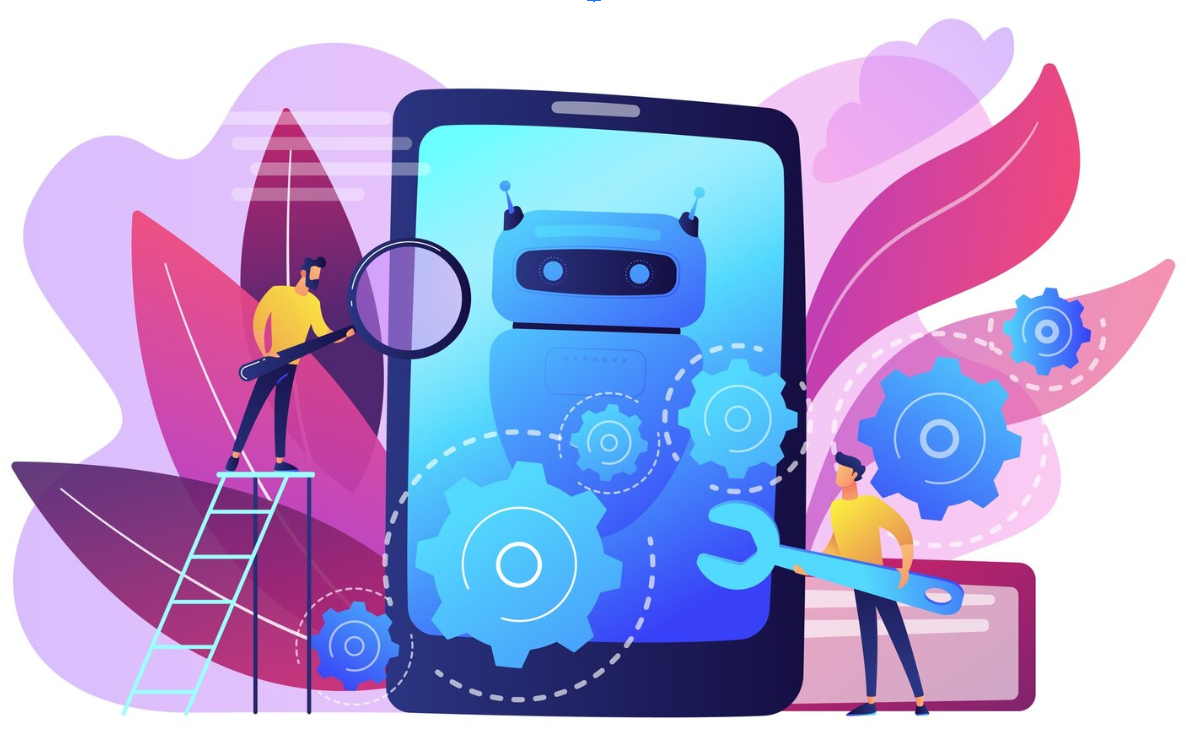Introduction
Artificial intelligence (AI) is transforming numerous sectors, leading to improved decision-making, cost reduction, and enhanced productivity. It is particularly important to businesses who are looking to accelerate their growth beyond what they had previously been able to achieve.
According to Fortune Business Insights, the global AI market size was valued at $428.00 billion in 2022 & is projected to grow from $515.31 billion in 2023 to $2,025.12 billion by 2030.
AI can autonomously perform repetitive and time-consuming tasks, allowing individuals to focus on other strategic activities. It can also analyze vast amounts of data quickly and provide stakeholders with valuable insights.
However, to take advantage of artificial intelligence, you need software engineers who are up to the task. On top of that, those developers are going to need to know the best languages for AI.
AI Programming Languages
Python: This is one of the most preferred languages for AI development. It has a user-friendly syntax and a vast eco-system of libraries and frameworks like NumPy, Scikit-learn, and Matplotlib. It is a highly versatile language with a wide number of use cases. Being of open source nature with a large community support, it is ideal for applications
Java: This language is used for creating mobile, desktop, web, and cloud applications. It is portable and platform independent, being able to run on any computer system with JVM (Java Virtual Machine) installed. Being object-oriented, it can be used to generate modular applications. It has various in-built modules and libraries that can be used to create high-performance applications. Java is also highly scalable
Javascript: This language is very useful for highly interactive browser-based applications. Featuring client-side scripting it helps perform various computation tasks and improve the performance of AI applications. Virtual assistants, chatbots, and recommendation engines are common applications of Javascript. Developers can use JavaScript to integrate AI services and functionalities into web applications using application programming interfaces (APIs).
Prolog: This language is known for its strength of logic programming and is thus very suited to AI. It is used in Natural Language Processing algorithms where scanning large databases and pattern-matching is very important.
Lisp: This language has good support for symbolic expression processing making it very adaptable. Symbolic expressions can represent both code and data, which can be primitive types like strings and numbers, or complex data structures like lists and arrays.This unique feature helps Lisp applications perform complex computations on large data sets, making it particularly suited for AI applications.
Julia: This language is known for its rapid prototyping and high performance computing capabilities which is useful when analyzing large amounts of data. Its syntax is also more simple than Python. Another key advantage is that it is compatible with R, C and Python. Additionally, it is open source and has support for parallel and distributed computing.
Haskell: This language has important functional programming features like pattern-matching, higher-order functions and immutability which are conducive to processing and manipulating complex data structures in AI development. It is built on strong mathematical foundations which makes it particularly suitable for developing complex algorithms and deep learning routines. Additionally this language is known for its robustness and reliability, due to its strict type-system.
C++: This old language is still relevant when complex software systems have to be developed with a high level of abstraction. In fact, it has gained traction in AI development due to its versatility, performance, and low-level capabilities that facilitate fast communication between software and hardware components. One of the key features of this language is that it gives AI developers more control over memory allocation.
Final Thoughts
Python is probably the best programming language for AI. It’s easy to learn and has a large community of developers. Particularly, if you have just started learning to program for AI now, you can hit the ground running and start developing immediately.
Java is also a good choice, but it’s more challenging to learn. Other popular languages are Julia, Haskell, Lisp, JavaScript, C++ and Prolog.
Ultimately, you have many programming languages to choose from, and the best fit for you will depend on how easy or technical you want the process to be. If you already have experience with a specific language, your existing knowledge can provide a great foundation for programming for AI.
